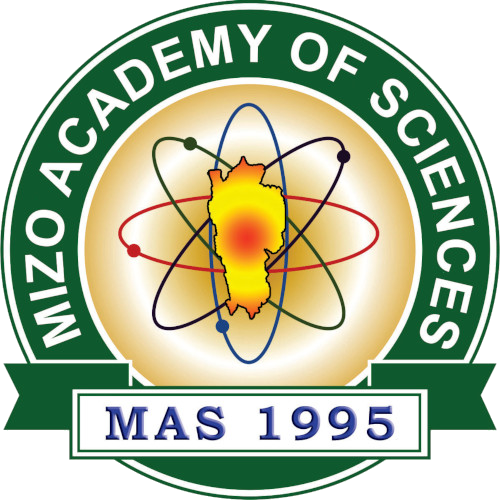The path to the 2017 Nobel Prize in Physiology or Medicine
Abstract
Jeffrey C. Hall, Michael Rosbash and Michael W. Young are selected to receive the 2017 Nobel Prize in Physiology or Medicine 2017 “for their discoveries of molecular mechanisms controlling the circadian rhythm”. They discovered clock genes and their protein-products that control the circadian rhythm in the fruit fly, Drosophila melanogaster. Starting with their work on the major clock gene period (per) in the 1980s, they subsequently discovered novel genes such as Clock, cry, cycle, dbt, pdp1, per, tim, vri, and their mutations that affect the fruit fly daily behaviours. With the proteins these genes produce, their discoveries have established the understanding of a complex molecular network of clock genes and proteins. This comprehensive knowledge further enrich our perception of circadian rhythm in other animals, including us. Behind this knowledge is the foundation of understanding of many disease and health-related issues concerned with our genetics, hormones, and behaviour. Their discoveries are befitting of the Nobel Prize, but it is a bit of an irony that the pioneer discovers have already died and will forever be denied of their deservedly fame. The epoch-making discovery of per gene was in fact by Seymour Benzer and his student Ronald J. Konopka discovered in 1971. Konopka especially continued as one of the leading scientists, in many of the later discoveries. But life and luck for Nobel fame ran out for them.


